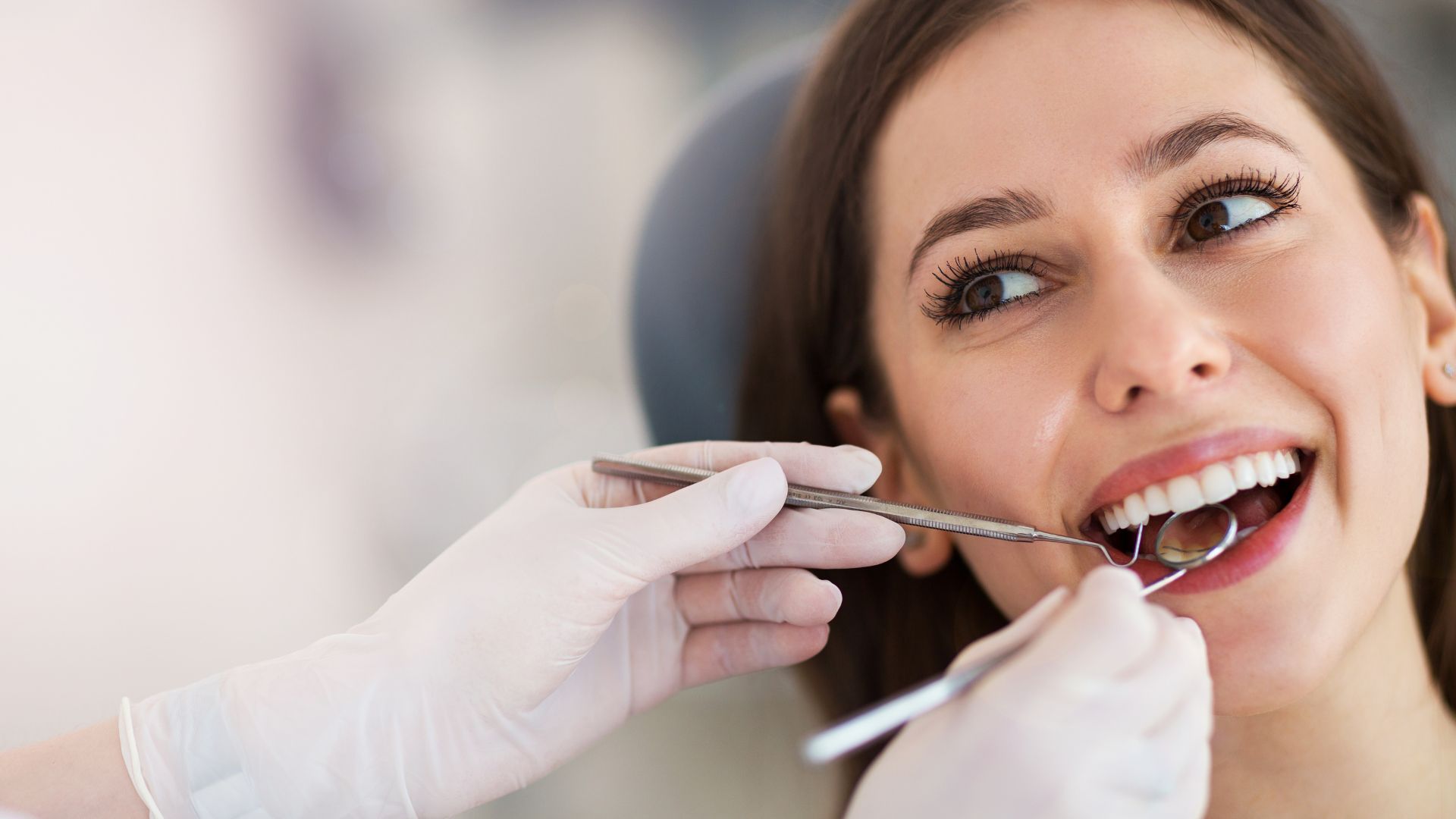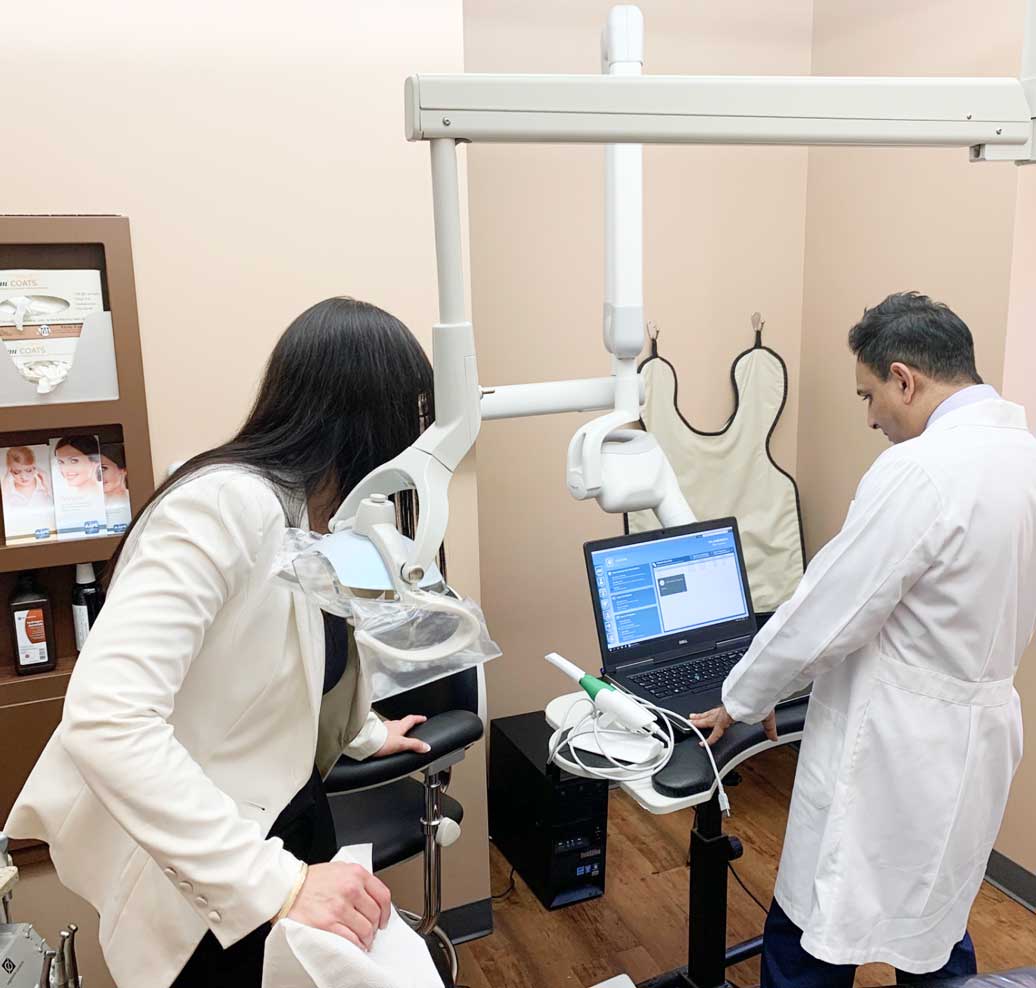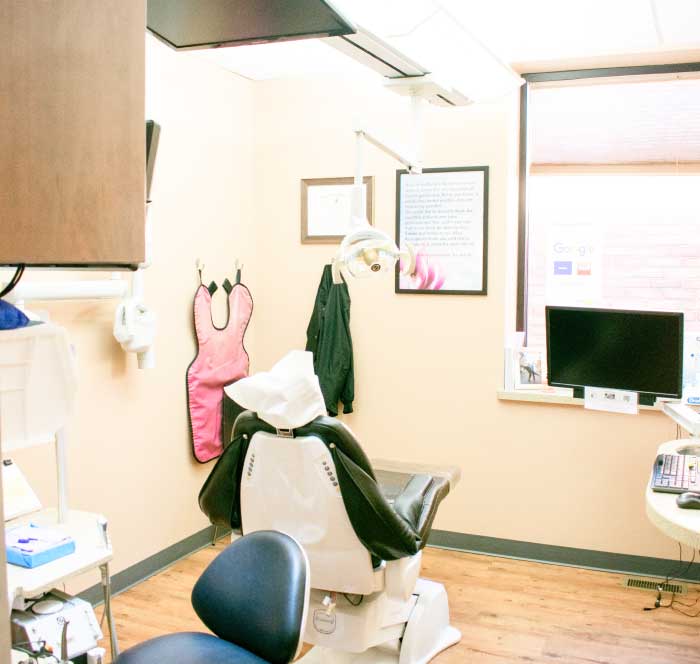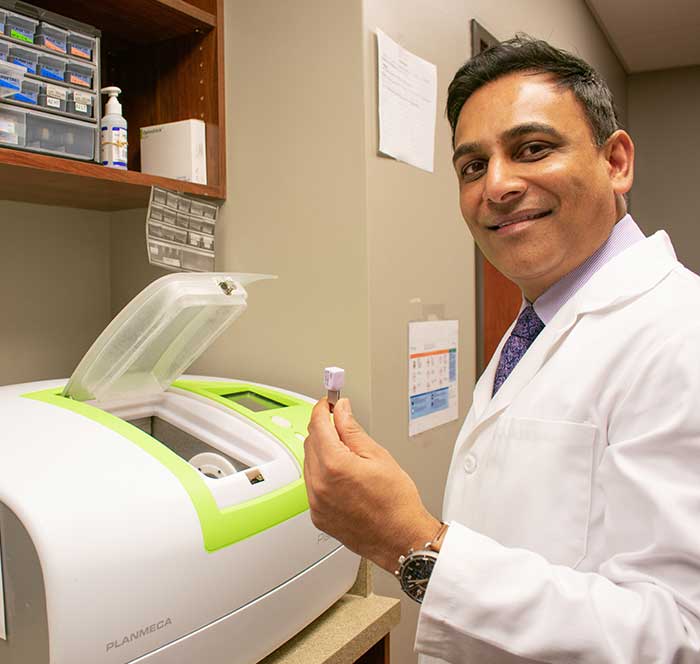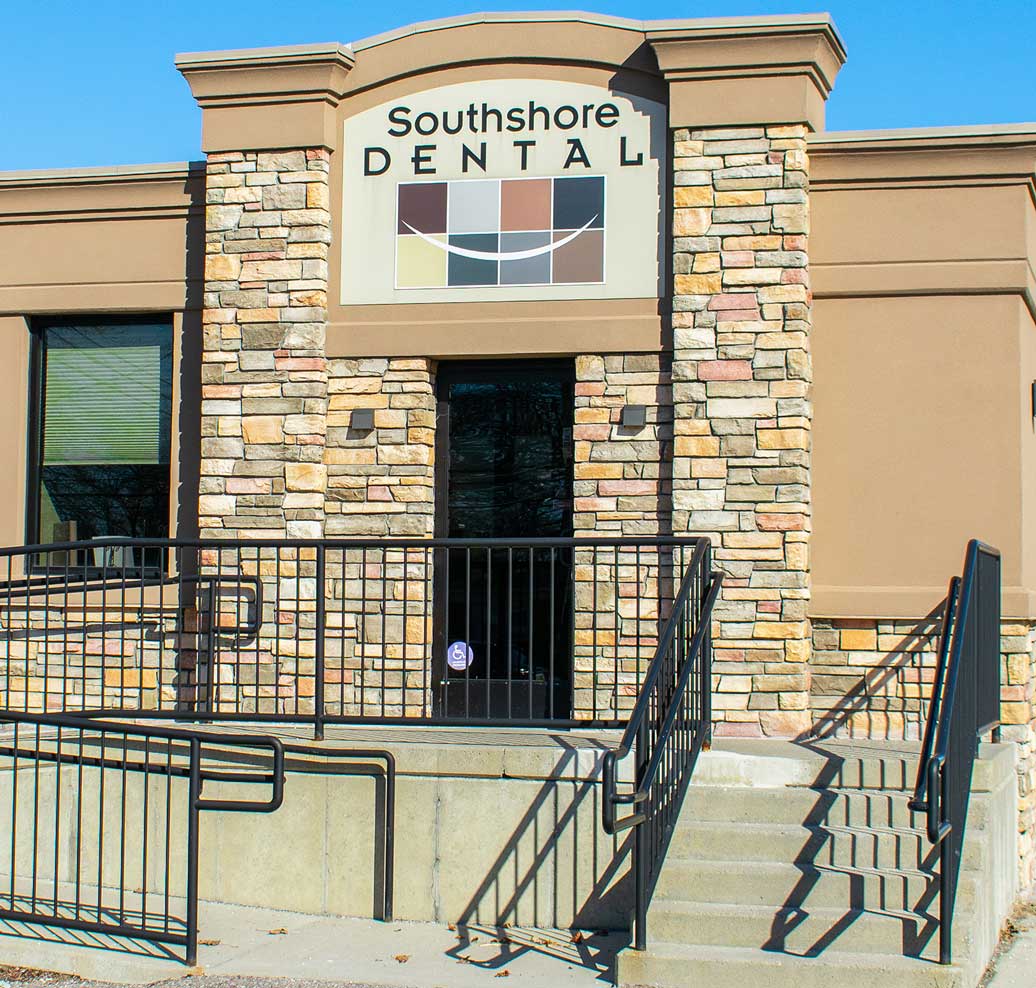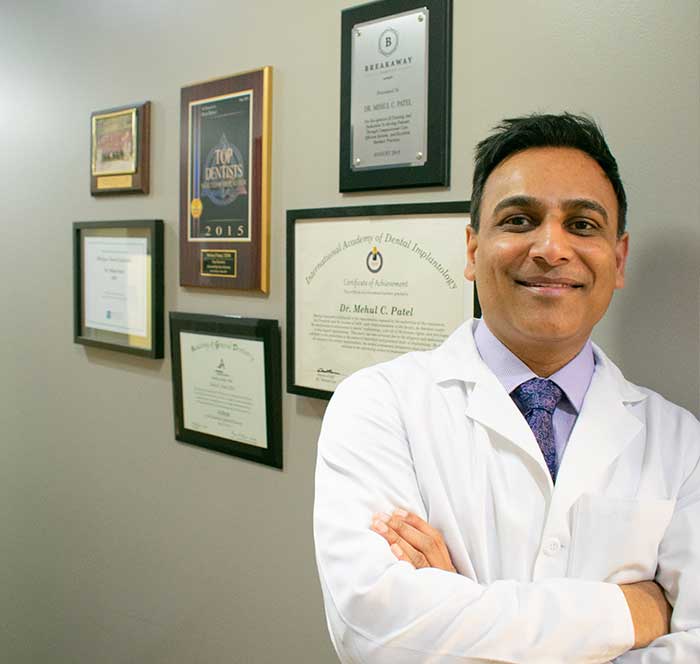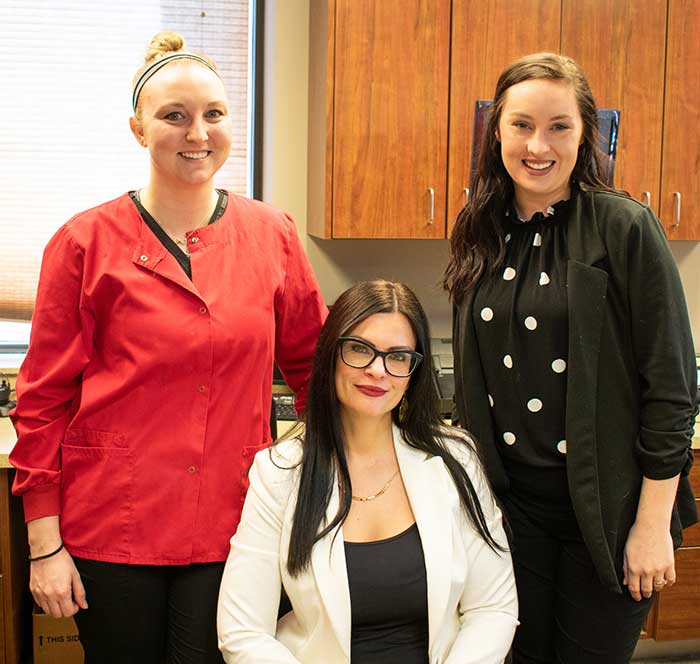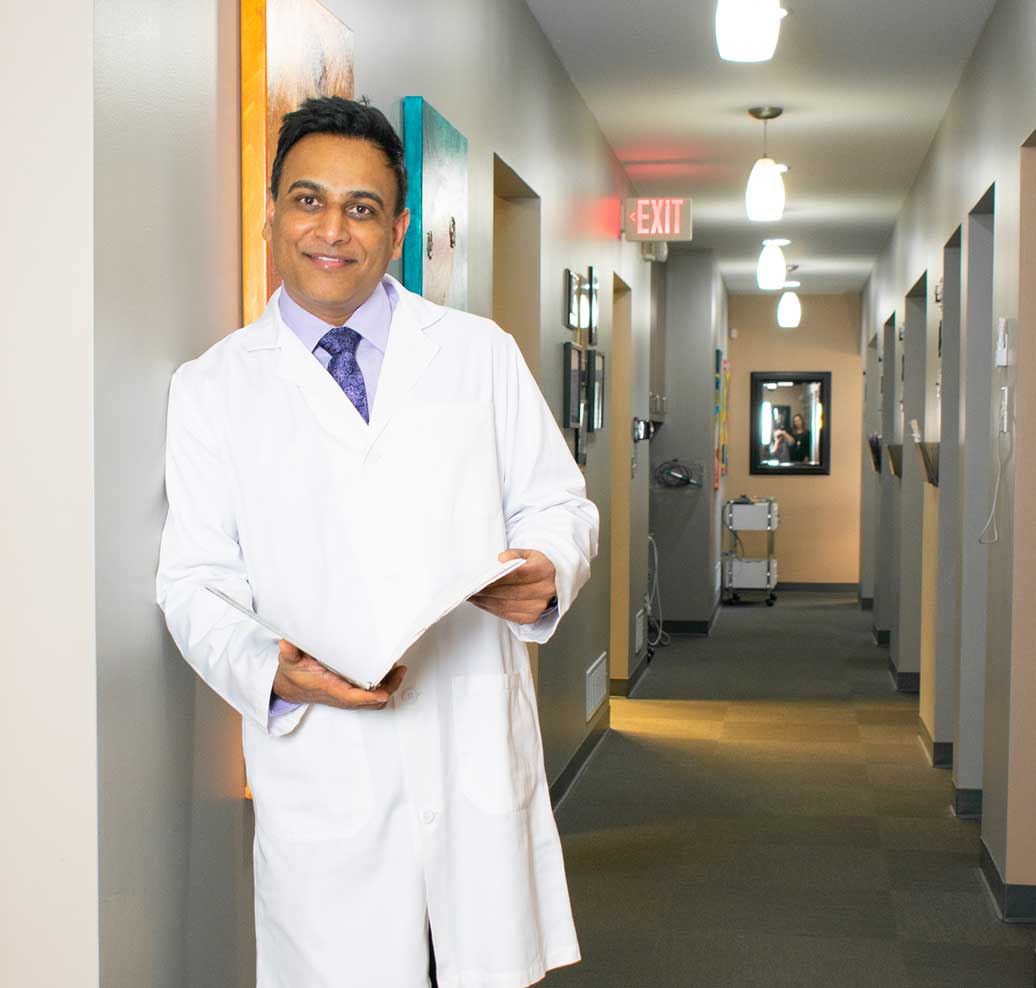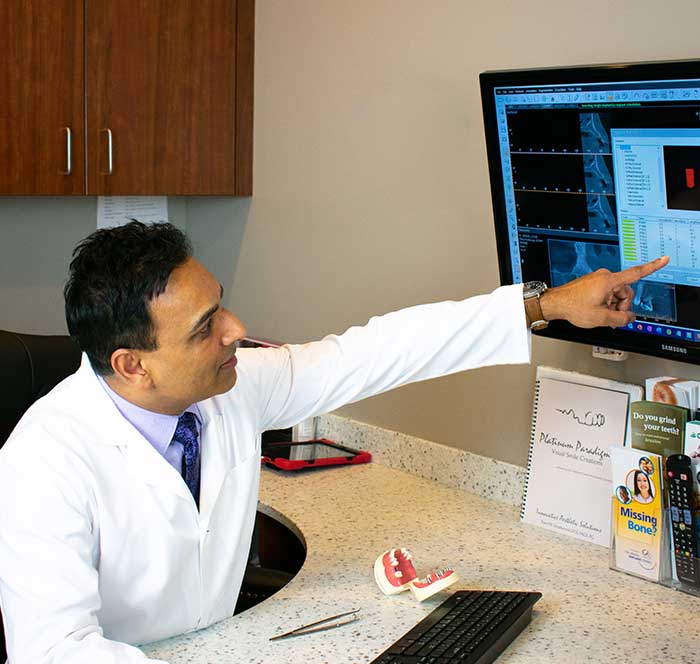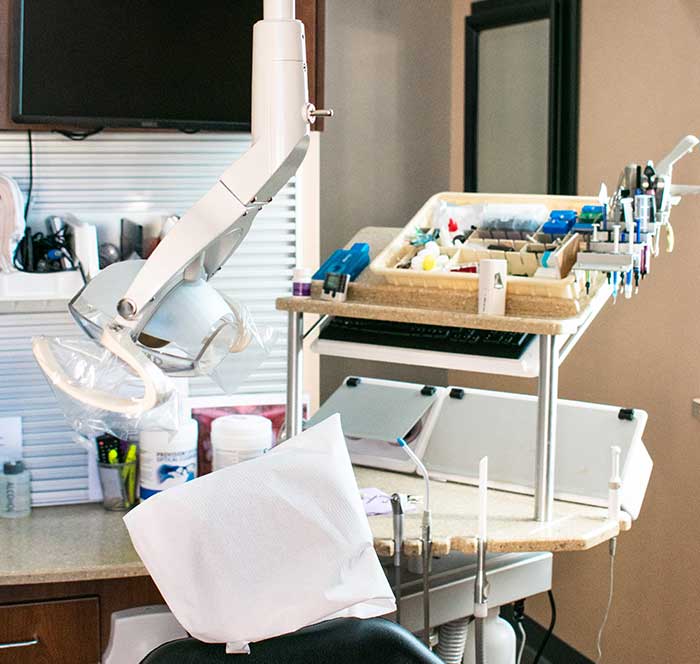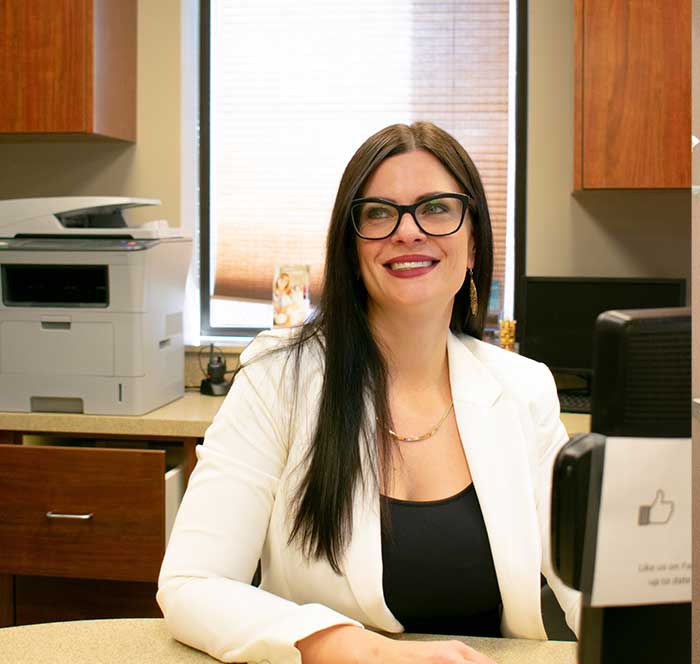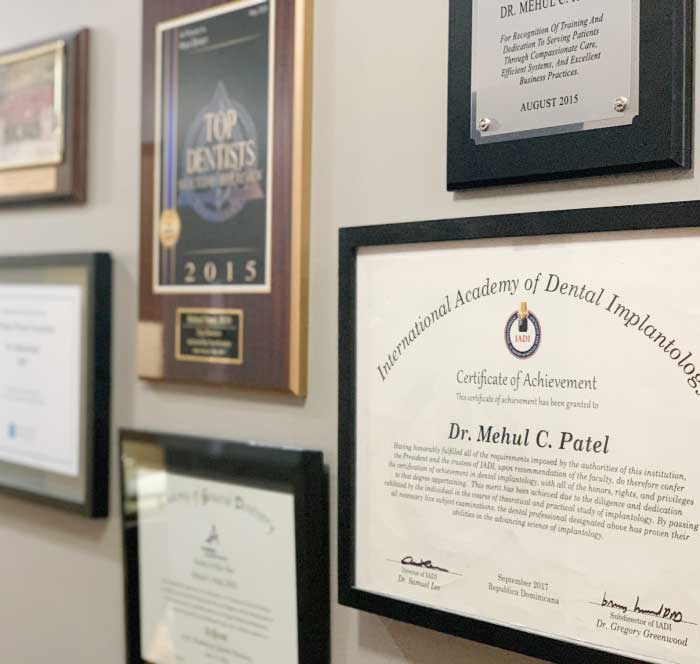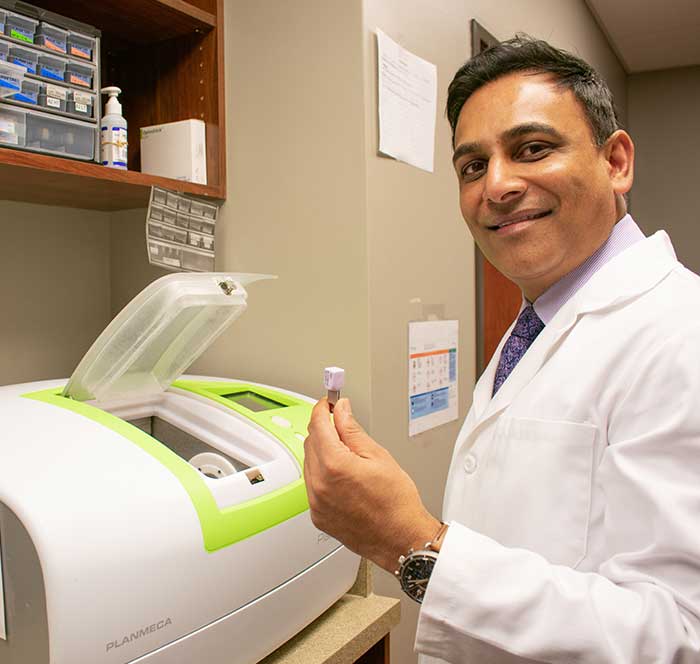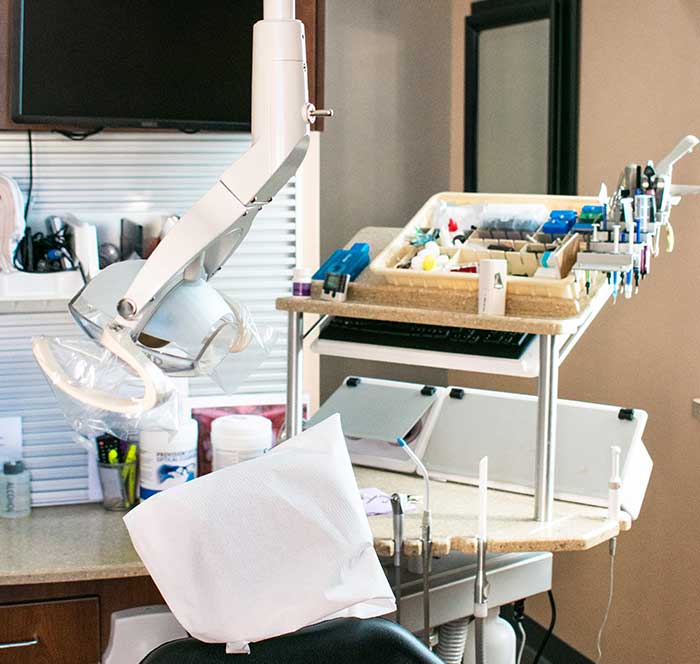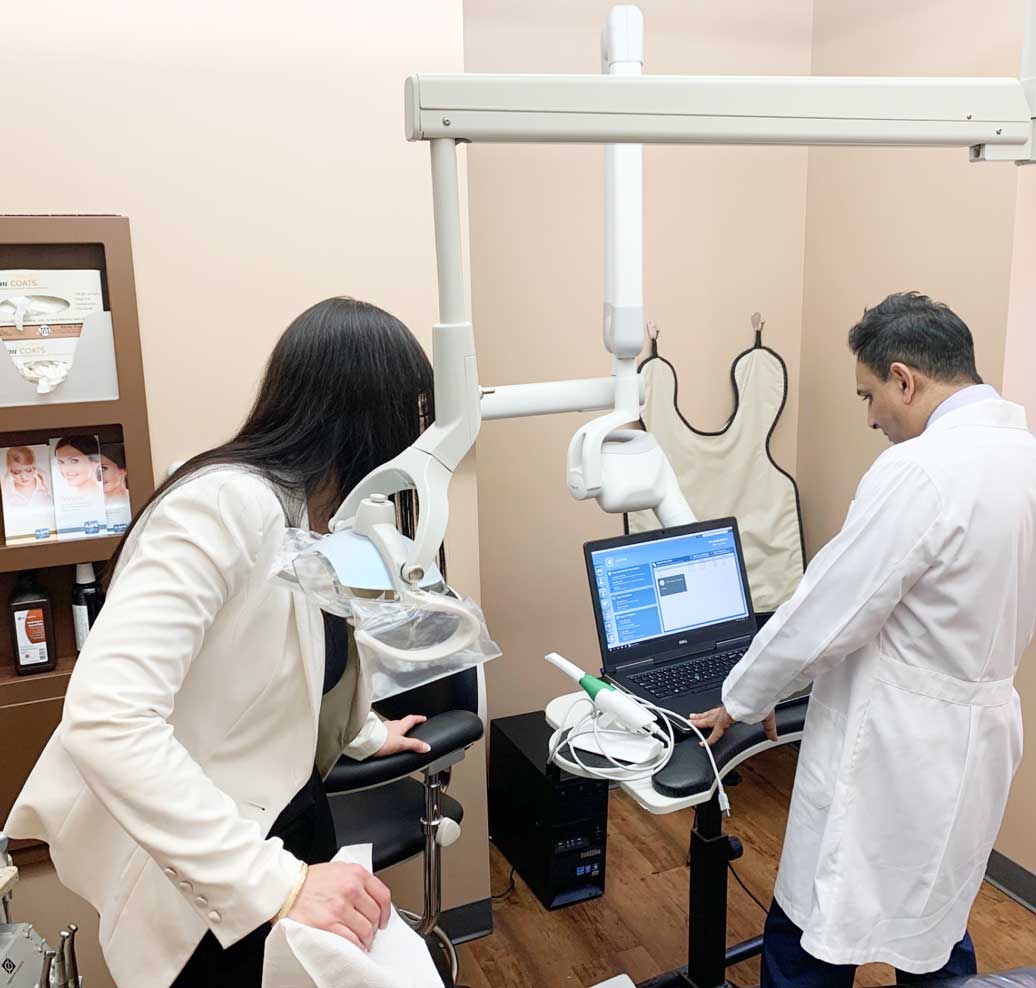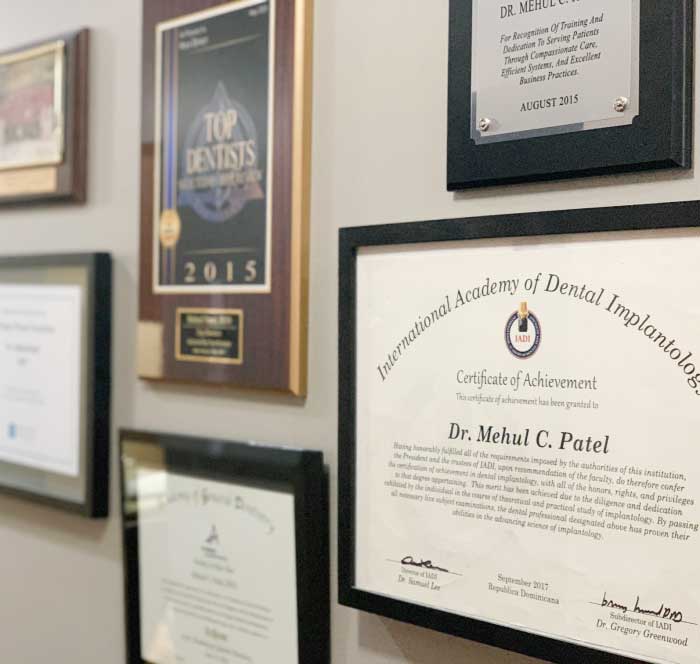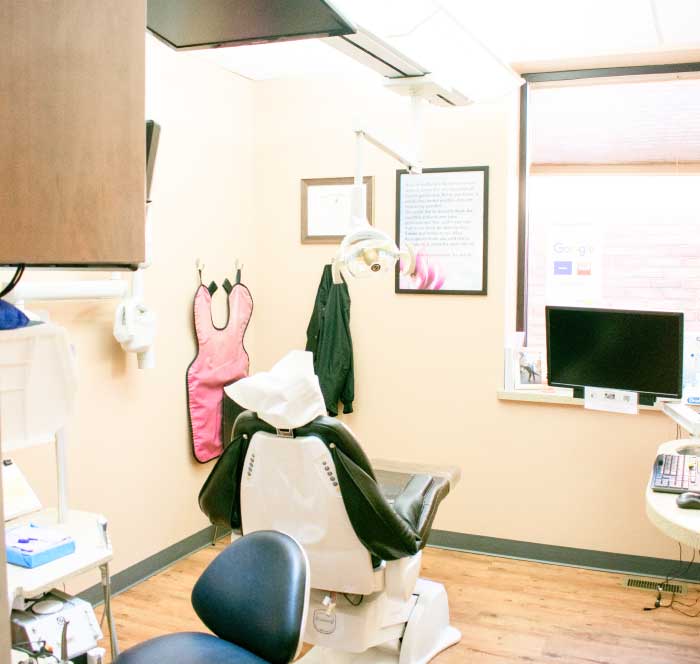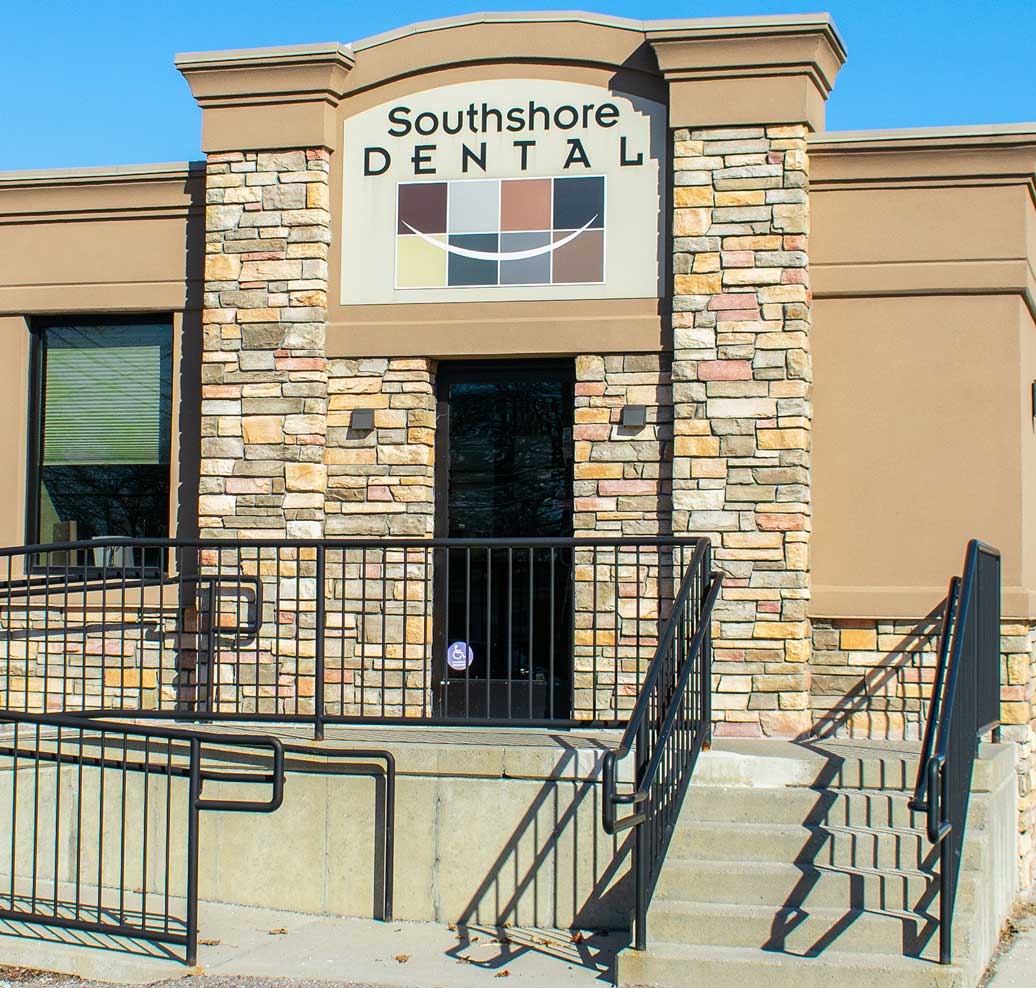Oftentimes, a trip to the dentist isn’t a priority until some sort of sudden and uncomfortable issue occurs, requiring the removal of a tooth or some other form of dental procedure. This should not be the case. Dental experts advise visiting your dentist every six months for cleanings and exams, and often in doing this, many oral problems are addressed. Some additional insight is provided here as to why dental cleanings are essential:
Double Duty
Maintaining regular biannual dental cleanings allows your dental team to examine and document your oral condition. During each scheduled teeth cleaning, your dentist checks for signs of gum disease like redness, bleeding, inflammation, and tenderness.
The state of your fillings is assessed and your mouth checked for any lesions. Routine dental cleanings provide opportunities to catch potential problems early on and better monitor your overall oral health.
Tartar and Plaque
Even if you’re an avid flosser who brushes at least twice daily as recommended, you won’t be able to remove all plaque from hard-to-access areas like the back of the mouth and between teeth. Fortunately, dental hygienists are equipped with the necessary tools to access these areas and remove the plaque before it develops into tartar.
Tartar puts you at a higher risk of tooth decay and gum disease. Tartar cannot be removed at home. Auspiciously, professional dental cleanings can remove tartar from teeth and protect your gums.
Polish and Shine
After using a tool known as a scaler, your dental hygienist typically will clean your teeth using a rotating polishing tool and gritty toothpaste. The mild abrasiveness of the paste helps to remove any tartar or plaque left behind from the previous step.
You, however, cannot use these substances on your own at home. Visiting your dentist office and getting your teeth polished twice a year maintains a bright and glowing smile.
Flossing
After polishing, your dental hygienist should floss your teeth, as this removes any further debris left behind. Professional flossing tools help access the tight spots you may miss.
It can also help you to enhance your own flossing technique and indicate areas where your gums bleed during flossing and brushing.
Read more: Can I Use Mouthwash Instead Of Flossing?
Additional Services
Depending on your individual condition and needs, fluoride treatments could also be administered in order to help prevent tooth decay and strengthen your enamel. These can also be beneficial to people prone to cavities, as well as those with crowns, bridges, or gum disease As needed, you’ll also have X-rays for further evaluation.
More importantly, you have an opportunity to ask important questions about your oral health. You can inquire about treatments, brushing and flossing routines, or any fears or suspicions you might have about gum disease. The best part about this form of Q & A is the answers are specific to you and come from an expert along with actionable advice.
Conclusion
Don’t wait until you have cavities or other oral issues to see a dentist. Regular dental cleanings can detect periodontal disease and help you maintain optimum oral health.
Additional services like flossing and teeth polishing help support a bright and healthy smile. It’s also a prime opportunity to obtain advice, ask questions and address any potential concerns. Don’t wait!
If you’re in or around Trenton, Michigan, book your appointment today with the competent and caring dentist in Trenton. For professional and caring dental care, the latest technology, and a wide range of delta services offered, Southshore Dental is your one-stop shop for dental care. Call us today and see why Southshore Dental is voted America’s best dentist!





